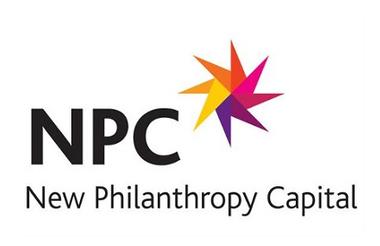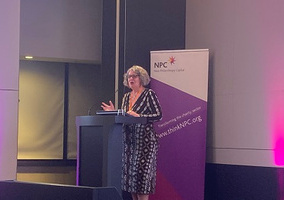New Philanthropy Capital (NPC) has called on grantmakers to change their evaluation methods to avoid bias and address power dynamics.
In a report published today, NPC says funders should rethink how they judge grantees via their evaluation practices.
NPC’s report argues that grantmakers’ evaluations are influenced by people’s values and choices, which affect the conclusions they reach.
Researchers and evaluators’ decisions on methods, tools, and interpretation of analysis are also biased to their worldview, it says, and the lack of diversity in these professions means staff can have “blind spots” during evaluations that can decrease validity.
It proposes “equitable evaluation” instead, which “scrutinises the biases and gaps that exist in evaluation, challenging funders and evaluators to be more collaborative”.
Prioritising equity ‘requires investment’
NPC’s report suggests funders support equity throughout their organisation, as an “explicit signal of support” from leadership can “empower internal and external evaluators to centre equity” in their work.
The report says that grantmakers should invest resources into ensuring their funding is equitable.
“Consider bringing in informed reviewers to give feedback on the invitation to tender, including the budget and timeframes, and act on feedback to improve resource allocation over time,” it says.
The report recommends funders should accept findings that challenge their organisation’s established practices and ways of thinking.
It also suggests more of a partnership between evaluators and participants. It uses the example of including questions in evaluations like “how equitably is the partnership operating?”
Amina Ali, funder evaluation and learning principal at NPC who co-authored the report, said: “We’ve written this paper for funders who recognise the importance of social justice and are committed to tackling inequity through the charities they support.
“The evaluations you commission can contribute to equity: both in how they are designed and executed, and in how what is learnt is used by other charities and funders going forward.”












